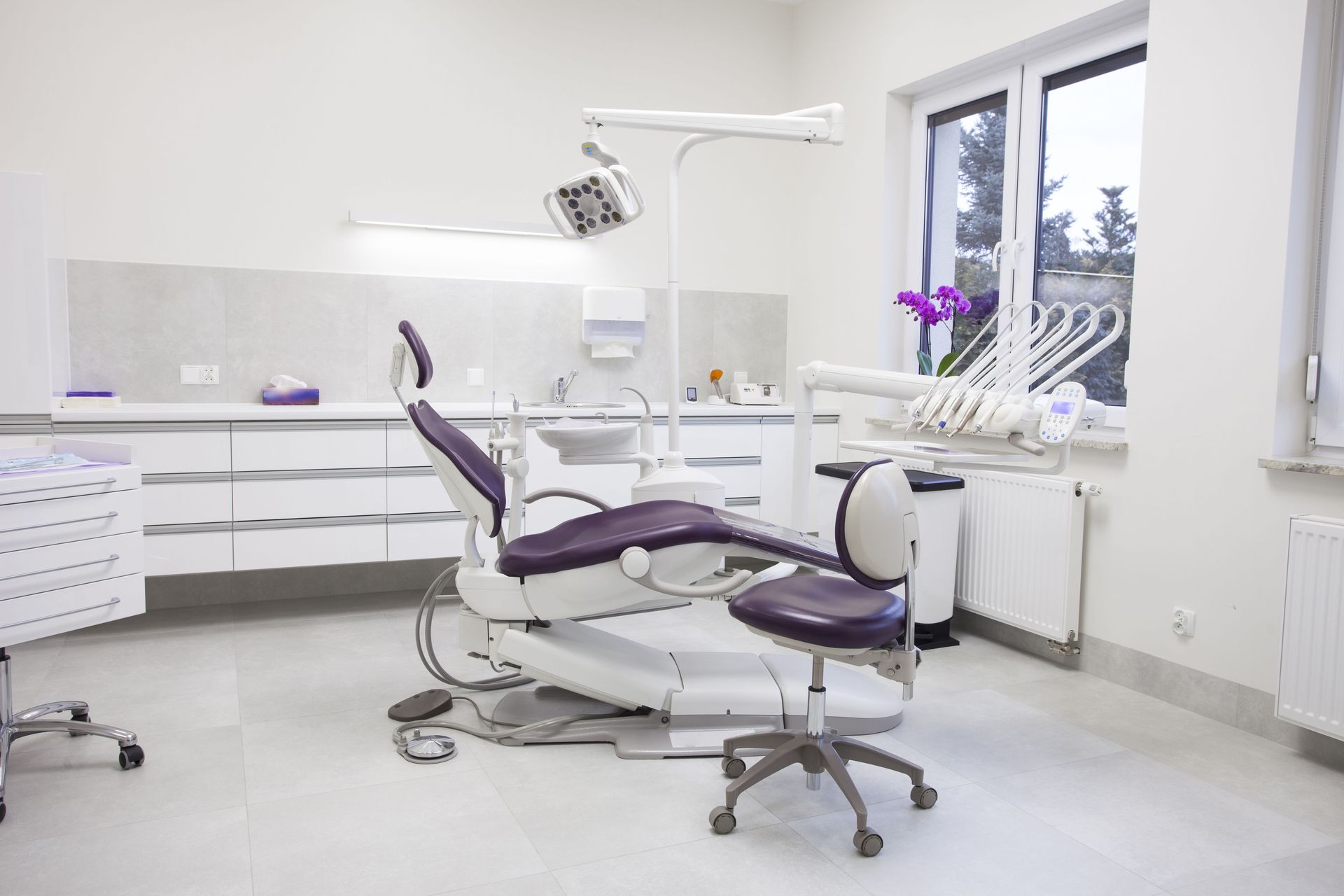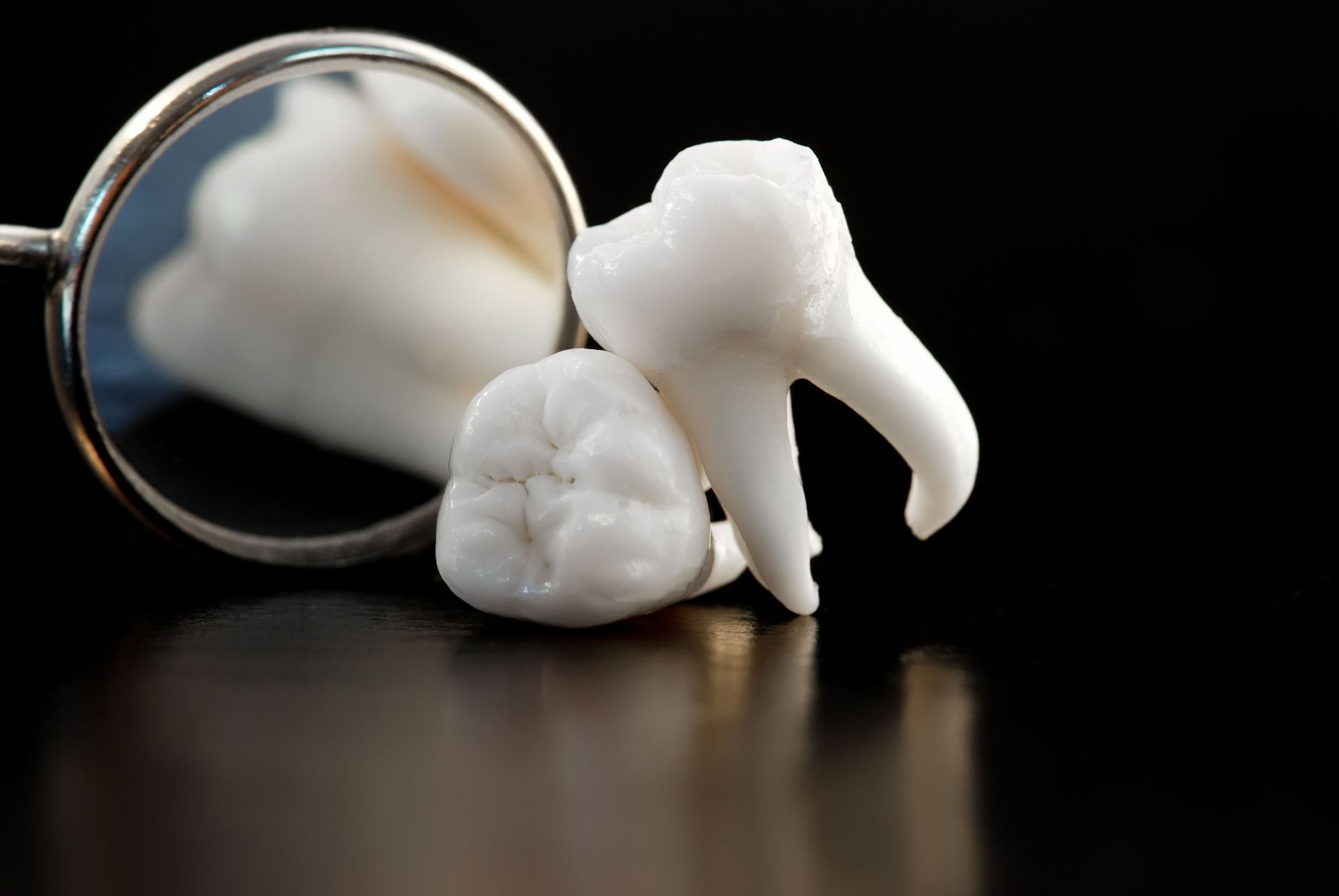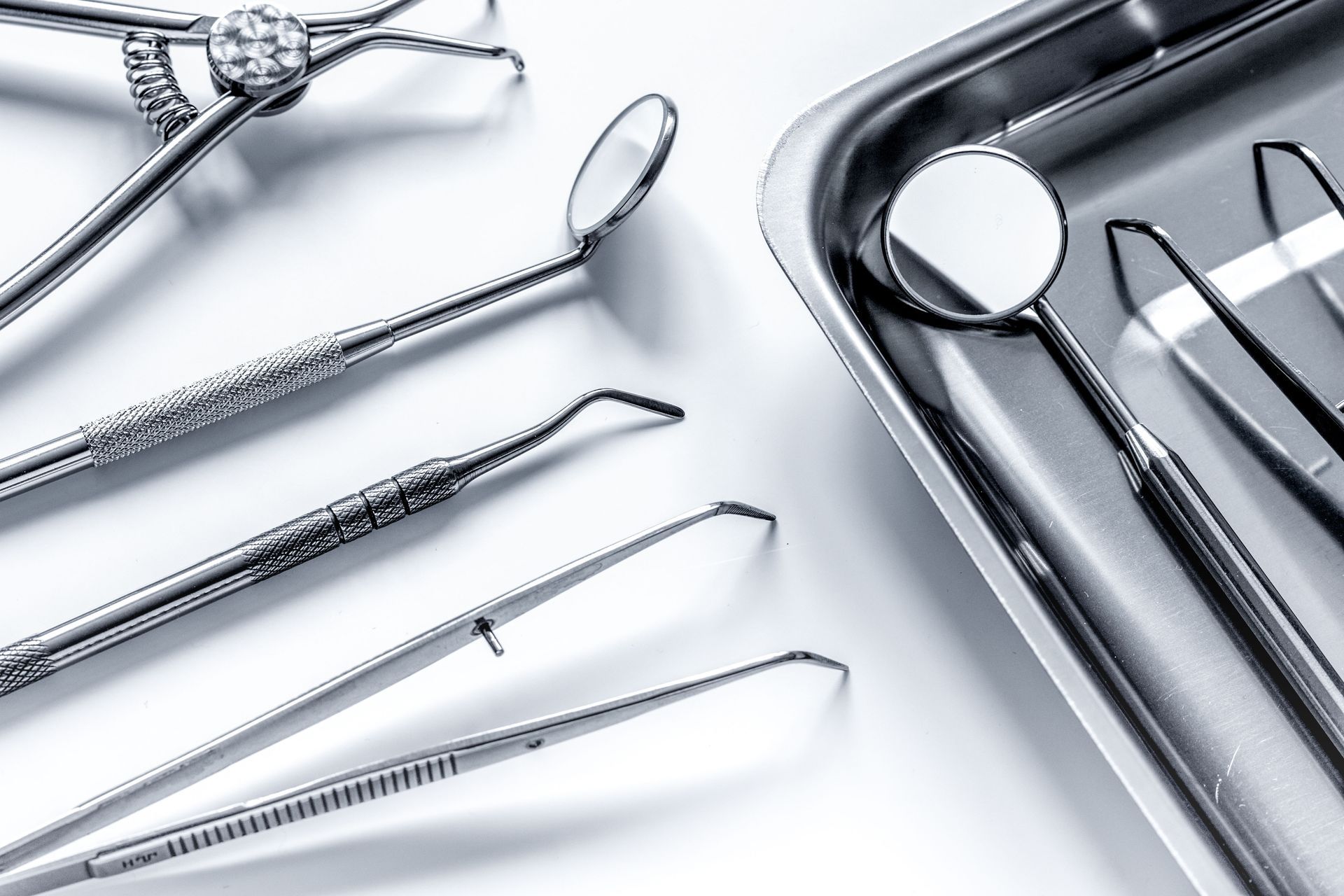The Most Common Dental Procedures for Children and Why They Matter
Highlights:
- The importance of early dental care for children
- Common procedures: cleanings, sealants, fillings, fluoride treatments, extractions, orthodontic assessments
- Benefits of early preventive care for long-term oral health
- Fun facts and FAQs for parents and kids
- How Ocean Atlantic Dental in Virginia Beach, VA supports young smiles
At Ocean Atlantic Dental, our mission is to provide exceptional dental care tailored to children. A visit to a pediatric dentist in Virginia Beach, VA is more than just a check-up—it’s an opportunity to set children up for lifelong oral health. Pediatric dental care differs from adult dentistry in techniques, tools, and approach. Children’s teeth are more sensitive, and their oral hygiene habits are still developing, making professional care crucial.
Early visits help children become comfortable with dental environments and reduce future anxiety. According to the CDC, nearly 20% of children aged 2–5 experience cavities, highlighting the importance of preventive care. Pediatric dentists are trained to recognize subtle signs of decay, enamel defects, and other oral health concerns that may go unnoticed. By establishing a dental home early, children learn routines that support both primary and permanent teeth.
Dental Cleanings
Routine professional cleanings remove plaque and tartar that at-home brushing may miss. Pediatric dentists use child-sized instruments and gentle techniques to make cleanings comfortable and effective. These visits also provide an opportunity for education, helping children understand how brushing, flossing, and rinsing prevent cavities.
Regular cleanings help prevent cavities, gum inflammation, and other oral health issues. According to a study on pediatric oral health, professional cleanings significantly lower the risk of decay in primary teeth and support long-term dental health (according to PubMed). Cleanings also allow dentists to monitor the eruption of new teeth, identify alignment issues, and check for early signs of enamel erosion. Parents can use these visits to ask questions about diet, fluoride use, and other preventive measures, creating a partnership that keeps children healthy between appointments.
Dental Sealants
Sealants are thin protective coatings applied to the grooves of molars, shielding them from bacteria and cavities. Children are particularly susceptible to decay in the hard-to-clean crevices of molars. Sealants are quick, painless, and highly effective, often lasting several years with proper care.
Sealants can reduce cavity risk by up to 80% in permanent molars. They are a preventive treatment ideal for children who may not have perfected brushing techniques or are prone to sweets. Pediatric dentists may check sealants at each visit and reapply if necessary, ensuring continuous protection. Parents appreciate sealants because they reduce the need for more invasive procedures while providing peace of mind that their child’s molars are shielded from decay.
Fillings
Cavities, if left untreated, can progress and cause pain, infection, and damage to permanent teeth. Fillings restore the tooth's structure and prevent further decay. Pediatric dentists often use tooth-colored materials, making the procedure discreet and less intimidating for children.
Fillings are particularly important for young children because untreated decay can affect chewing, speech, and overall oral development. Additionally, early restoration prevents bacteria from spreading to neighboring teeth and soft tissues. Pediatric dentists use techniques to make fillings faster and less stressful, sometimes incorporating numbing gels or sedation options. Parents play a critical role in monitoring their child’s oral hygiene after a filling, ensuring the restored tooth stays healthy with proper brushing and diet management.
FAQ Section
At what age should my child first see a dentist?
The first dental visit should happen by age one or within six months after the first tooth appears. Early visits allow dentists to track growth, provide guidance for at-home care, and establish positive dental habits.
How often should children receive professional cleanings?
Every six months is standard, but children with higher cavity risk may require more frequent visits. A pediatric dentist can create a customized schedule based on your child’s needs, diet, and oral health history.
Are sealants safe for children?
Yes, sealants are completely safe and effective at preventing decay in young teeth. They are non-invasive, painless, and an essential preventive tool for children at risk of cavities.
Fluoride Treatments
Fluoride strengthens enamel, making teeth more resistant to decay. Professional fluoride treatments are especially valuable for children prone to cavities or consuming sugary diets. Fluoride varnishes or gels are applied quickly and provide lasting protection for months.
According to Colgate, fluoride treatments can reduce decay in primary teeth by up to 40%. Pediatric dentists can also provide guidance on the right fluoride toothpaste and dietary considerations to maximize benefits. When combined with routine cleanings and sealants, fluoride treatments create a strong foundation for healthy teeth. This multi-layered approach significantly reduces the need for restorative treatments later, saving children discomfort and families added costs.
Extractions
Extractions may be necessary when a tooth is severely decayed, infected, or causing crowding. While extractions can be stressful for both children and parents, pediatric dentists use gentle techniques and may offer sedation to ensure comfort.
Extractions prevent infections that could affect other teeth or general health. They also provide space for proper alignment of permanent teeth, helping to maintain a healthy bite. Pediatric dentists carefully monitor healing and provide parents with guidance for pain management, diet, and oral hygiene during recovery. Understanding the reason behind an extraction helps parents and children feel more comfortable and confident in the procedure, emphasizing its role in maintaining long-term oral health.
Orthodontic Assessments
Early orthodontic evaluations are crucial in detecting misaligned bites, overcrowding, or jaw development issues. Interceptive orthodontics can reduce the need for extensive treatment later, improving overall oral function and aesthetics.
A pediatric dentist in Virginia Beach, VA can monitor growth patterns, spacing, and tooth eruption to determine the best timing for orthodontic care. Early detection allows minor interventions to prevent major complications, often simplifying future braces or aligners. Parents benefit from guidance on maintaining oral health during orthodontic development, including the use of protective appliances like retainers or space maintainers. These assessments ensure children develop functional, confident, and healthy smiles.
Did You Know?
- Children have 20 primary teeth, which gradually make way for 32 permanent teeth.
- Tooth decay is the most common chronic childhood disease, even more than asthma.
- Early dental care can reduce dental anxiety by creating positive first experiences.
Why Pediatric Dental Care Matters
Early dental care teaches children proper hygiene, prevents decay, and identifies potential issues before they worsen. A pediatric dentist in Virginia Beach, VA specializes in treatments tailored to children’s oral anatomy and developmental needs.
Children who receive consistent early dental care have significantly better oral health outcomes later in life. Pediatric dental visits also provide education for parents on nutrition, fluoride use, and habit management. Establishing a dental home early helps children develop trust in their dentist, improving compliance and creating positive attitudes toward long-term oral care.
Preventive Care Tips for Parents
- Brush and Floss Together: Demonstrate proper brushing and flossing techniques and make it a family activity.
- Healthy Snacks: Encourage fruits, vegetables, and water while limiting sugary drinks and snacks.
- Regular Dental Visits: Consistent check-ups allow dentists to monitor growth and intervene early if needed.
- Positive Reinforcement: Praise children for brushing, flossing, or trying new dental procedures. Rewards can motivate consistent oral care habits.
- Interactive Tools: Consider brushing charts, apps, or fun songs to encourage proper technique and timing.
These strategies complement professional care, reinforcing habits that prevent cavities and promote strong enamel development.
FAQ Section
Can children receive sedation for dental treatments?
Yes, pediatric dentists may use mild sedation or nitrous oxide to help anxious children relax during procedures, ensuring comfort and safety.
How can I encourage my child to brush and floss?
Make brushing fun with colorful toothbrushes, songs, or apps that track progress. Let children choose toothbrushes or flossers to foster independence.
What should I do if my child knocks out a tooth?
Keep the tooth moist in milk or saliva and contact your pediatric dentist immediately. Timely intervention increases the likelihood of saving the tooth.
Final Thoughts
Early, consistent pediatric dental care lays the foundation for a lifetime of healthy smiles. From routine cleanings and sealants to fluoride treatments and orthodontic assessments, each procedure plays a vital role in your child’s oral development. At Ocean Atlantic Dental, we are proud to serve families as a
trusted pediatric dentist in Virginia Beach, VA, helping children develop healthy habits and maintain beautiful smiles for life. Schedule an appointment today to give your child the best start in oral health.











Share On: